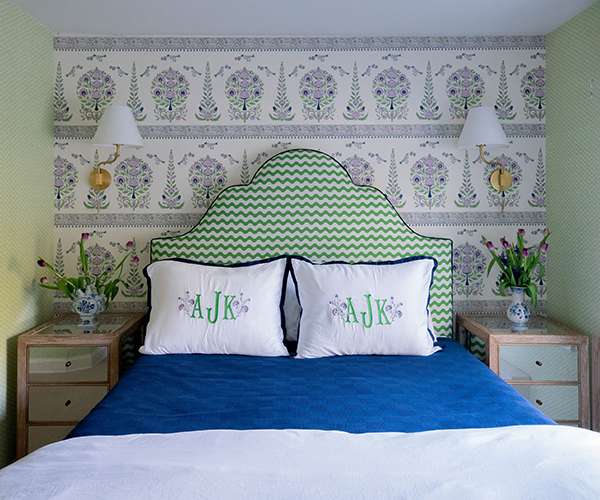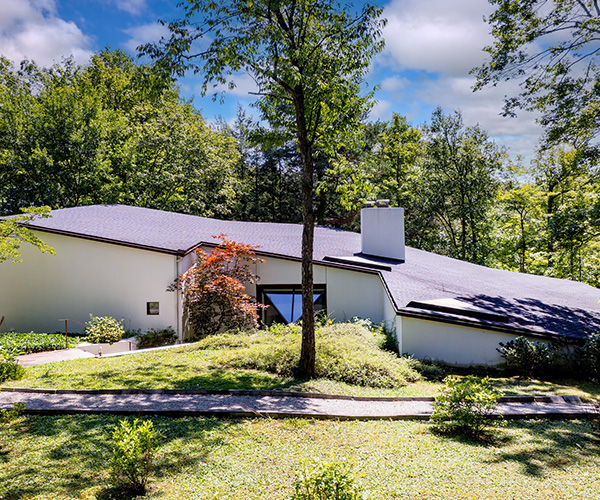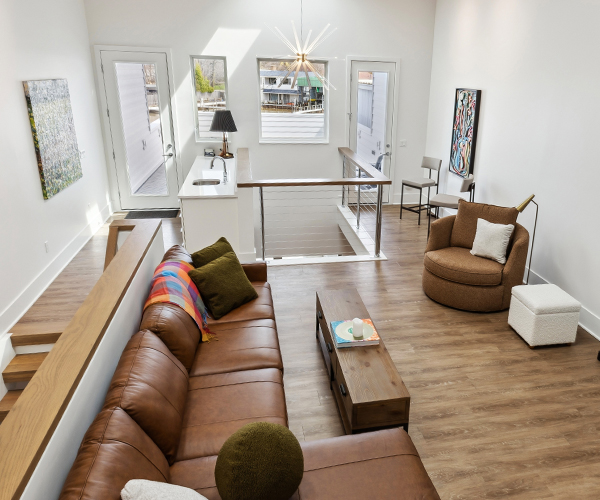With the slight depreciation of home sale values in 2006, anxious sellers are scrambling to attract buyers, and shoppers' choices have expanded. But potential buyers may harbor their own fears of future market downturns before jumping in. What can homebuyers do to minimize their risks? And while current prices for both look attractive, is there a major investment difference between choosing a new or existing home?
If property values rise as they often do, and historically have done over the long term, then a home can also be considered an investment, but buying a home solely and specifically to boost investment stock isn't always the most prudent way to shop.
"When you're buying a home, you're first and foremost looking for a place to live," says Mike Fanous, chairman of the Cleveland Area Board of Realtors. "And next, you'd like it to become a good and safe investment. And usually you can expect it to turn into a good asset, but a home should foremost serve your needs and your family's needs regarding the community it's in, the school system, work commute, floor plan and all the other considerations that determine why you would buy it in the first place. And the relevance of whether it's new or existing depends on the condition of the structure and what you're willing to live without versus what you'd like your home to be."
Determining what a home's value will do based on whether it's new or existing is often a false dilemma, pitting features against amenities that just don't realistically compare. And obviously there are significant differences between existing structures. A well-maintained century home in a flourishing community is a completely different animal than a fixer-upper in an older neighborhood. And each property appeals to a different buyer with different needs.
"When purchasers acquire their dream home, they're often subject to the new/used car effect. As soon as you drive a new car off the lot, it's not worth what you just paid for it. This is worth remembering when you go to sell your home," Casto says.
Both new-home and used-home sellers are often tossing in extras to attract buyers. New homes, for instance, may now include finished basements or decks. Used-home sellers may try luring buyers with freestanding appliances or custom deluxe swing sets. But if buyers don't care about a deck or if they have their own washer and dryer, then these perks don't mean anything.
Sharkey urges buyers to consider other factors when buying a home than simply whether it's new or used. "A lot of people want a certain feeling or character in a home and community," he says, "and they're willing to pay for it. Often, it's these intangible attributes that help a community's homes hold their value and appreciate."
Nonetheless, Sharkey concedes a lot of new homes are well built and can duplicate many of the homey features of older houses, at a price. "There will always be more popular places, whether in a city or the latest cornfield in Medina to be developed," he says. "But next to location, if you're looking at existing construction, you have to ask yourself how well has it been maintained? Be realistic about how much work you'll need to put into it."
"You know exactly what you're getting when you buy a custom-built home, and you can make decisions that will add to the home's value when you go to sell it years later," he says. But he also warns that although something may be important to you, it won't necessarily translate into a value-loaded feature for another buyer.
"A good kitchen update with a modernized floor plan and top-end appliances may cost anywhere from $30,000 to well over $100,000," he says, "but when that homeowner goes to sell that house, chances are good he'll get it all back. Some things tend to hold their value, and kitchens and bathrooms are among the smartest ways to increase the value of your home."
Regardless of whether a home is new or existing, the market forecast for 2007 is looking brighter for sellers. And as for the long-term investment scenario for any home, buyers should consider the level of maintenance they're willing to put into their homes over a long period of time.
"It doesn't matter if it's 15 or 50 years later," Fanous says. "For a home to hold its value, it'll need to be maintained. You can't expect an updated home to sell for the same price as one that hasn't been kept up. But it's not always wise to worry about the investment angle over the home angle. Your house is your home first; it's a roof over your head and a place to come home to. It's an investment secondarily."



